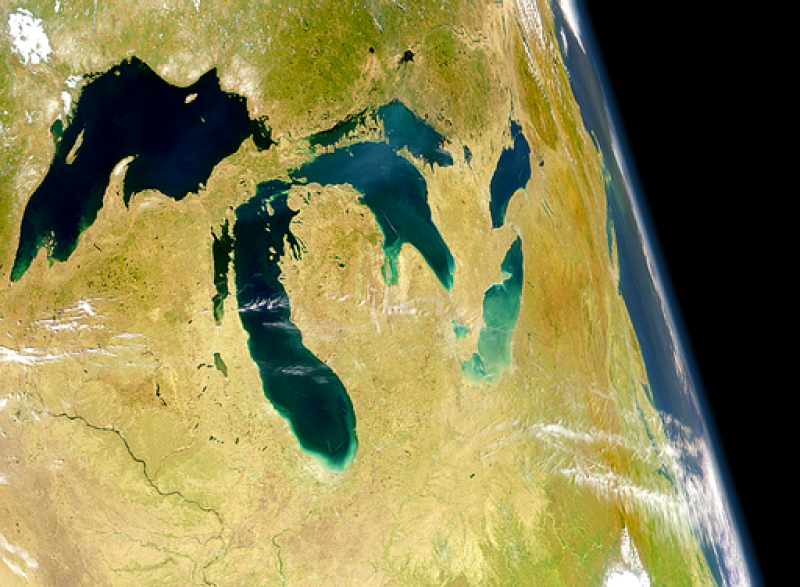
Through a joint study carried out by NASA and the National Science Foundation, it was revealed that lakes are warming at a faster rate than the world's oceans and atmosphere due to climate change.
The researchers warned that if this trend continues, the ecosystems of the lakes will be significantly affected, according to Discovery News.
For the study, the two organizations observed a total of 236 lakes in various parts of the globe for 25 years. The researchers were able to monitor the temperatures of these bodies of water using satellites and ground measurements.
They discovered that each decade, the temperature of the lakes rises by an average of 0.61 degrees Fahrenheit. Based on their findings, the researchers were able to attribute the rising temperature on various factors including decreasing cloud cover and glacial melt.
"One of the things what we noticed which was quite interesting was that these lakes are actually, in some cases, warming faster than the air temperatures because the air temperatures, you know, change in an instant whereas water temperatures, they reflect what is going on in the entire environment around them," co-author Sam Hook of NASA explained according to Reuters.
"So, it could be a reflection of there being less cloud cover, it could be a consequence of more glacial melt water coming into the lake," Hook added. "All these different processes taking place and they integrate them and they warm more gradually but the consequences of that warming can be very serious.
According to the researchers, the warming temperatures of lakes can have adverse effects on their ecosystems. One of these is the development of algal blooms which could cause the spread of toxins in the water. These can cause the deaths of fish and affect the food and water supply of people relying on lakes.
"If we looked at these warming rates, a project of what would happen in the next century then what we would see is that algal blooms would go up by about 20 percent, this is the green algae that you see in the lakes," Hook said.
"Often times in the summer and some of that green algae that is added, some of it contains harmful toxins and so what it can do is, it puts restrictions on people going out on the water or using the water for drinking purposes and things like that."
The researchers noted that one solution to this problem is stopping pollution and globally reducing carbon emissions to curb the effects of climate change.
The study carried out by the researchers was published on December 16 in the journal Geophysical Research Letters.


















